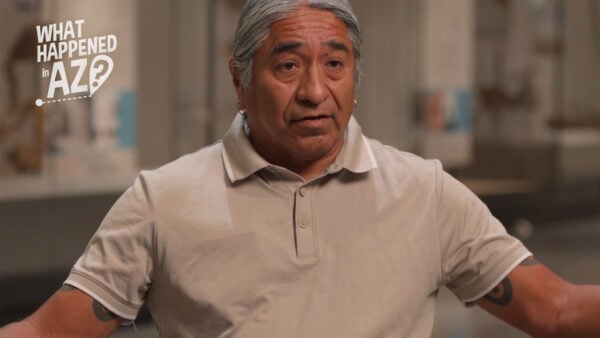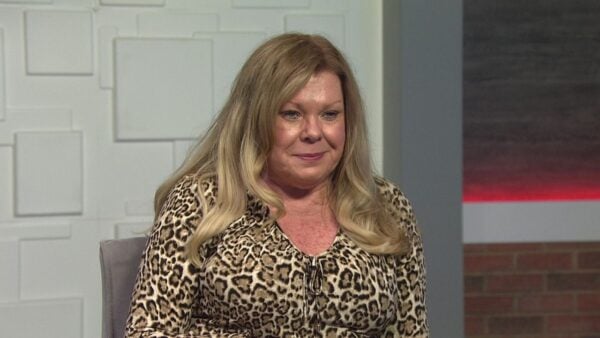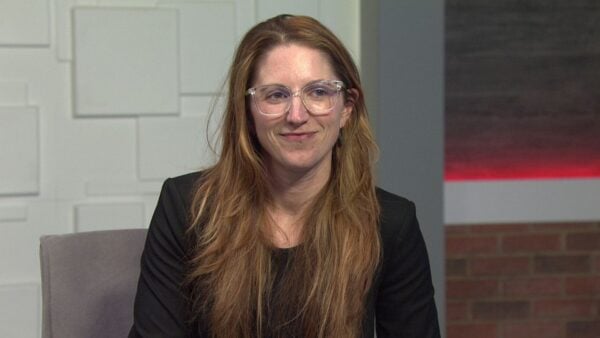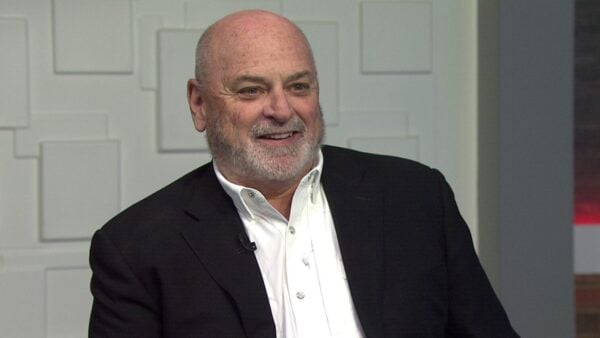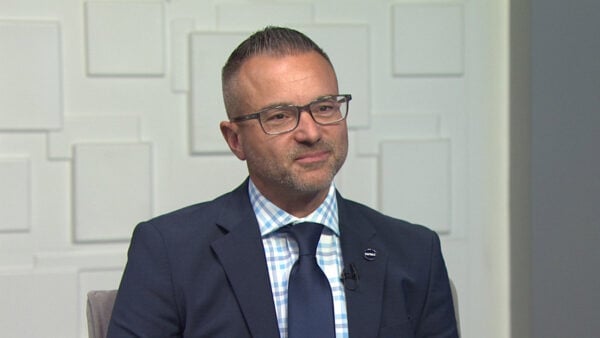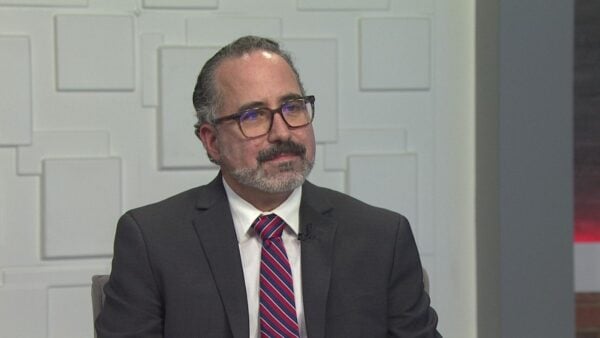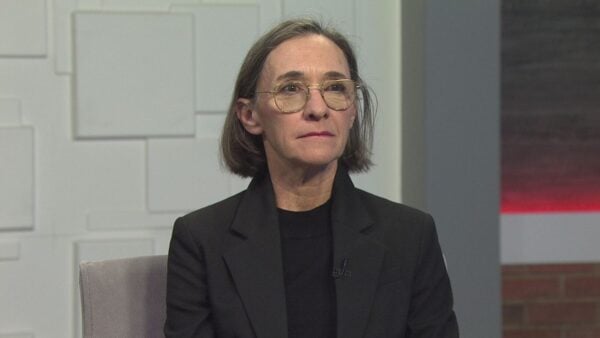Over-the-counter birth control now legal in Arizona
July 17, 2023
Arizona women will now be able to buy birth control pills and other hormonal contraceptives from pharmacies without prescriptions, if the pharmacist is willing and thinks they are healthy enough to use them. Clinical Associate Professor Swapna Reddy from ASU’s College of Health Solutions joined Arizona Horizon to talk about the impact on women’s health.
“In the last two weeks, we’ve seen a ton of movement in the oral contraceptive space. The FDA approved an over-the-counter oral contraceptive. That means that folks can go and pick it up, just like they would go and pick up an Advil or any other medication without a prescription, and that should start at the beginning of next year,” Reddy said.
Reddy said it will improve access to care especially in medically underserved areas for those that have a hard time getting to the doctor.
Arizona is implementing a law that women will not need a doctor’s prescription to receive oral contraception and other contraceptives, Reddy said.
Women will first have to fill out a questionnaire asking about certain personal habits and health conditions. The pharmacist can refuse to sell the items if they believe the pills could cause health problems. Individuals must pass a blood pressure test, have a standing doctor’s order and be 18 and older, then contraceptives can be dispensed by a pharmacist.
Additionally, Arizona has a “right of conscience” law permitting pharmacists to refuse to dispense a drug if doing so would violate their religious or moral beliefs. The new law applies only to adults; anyone younger than 18 still needs a prescription from their doctor. Reddy said pharmacies and pharmacists can opt out of participating in this service.
“Huge. This is huge. We are in this time in a place in 2023 in America where half of all pregnancies are reported to be unwanted pregnancies. We are in a state called Arizona where we still have high swaths of areas with primary care shortages. Women and families are simply having a hard time getting to primary care docs, getting those prescriptions, especially rural women and rural families,” Reddy said.


